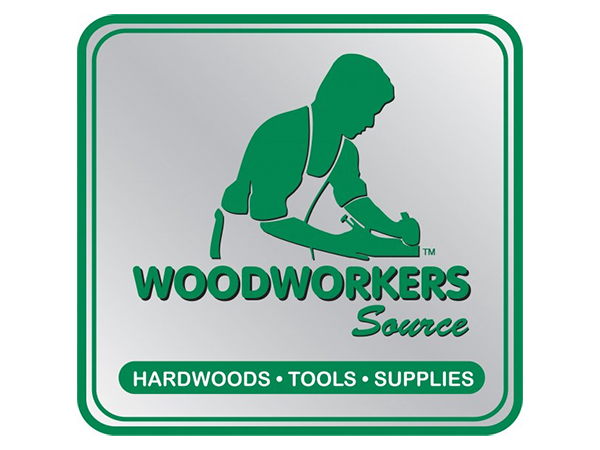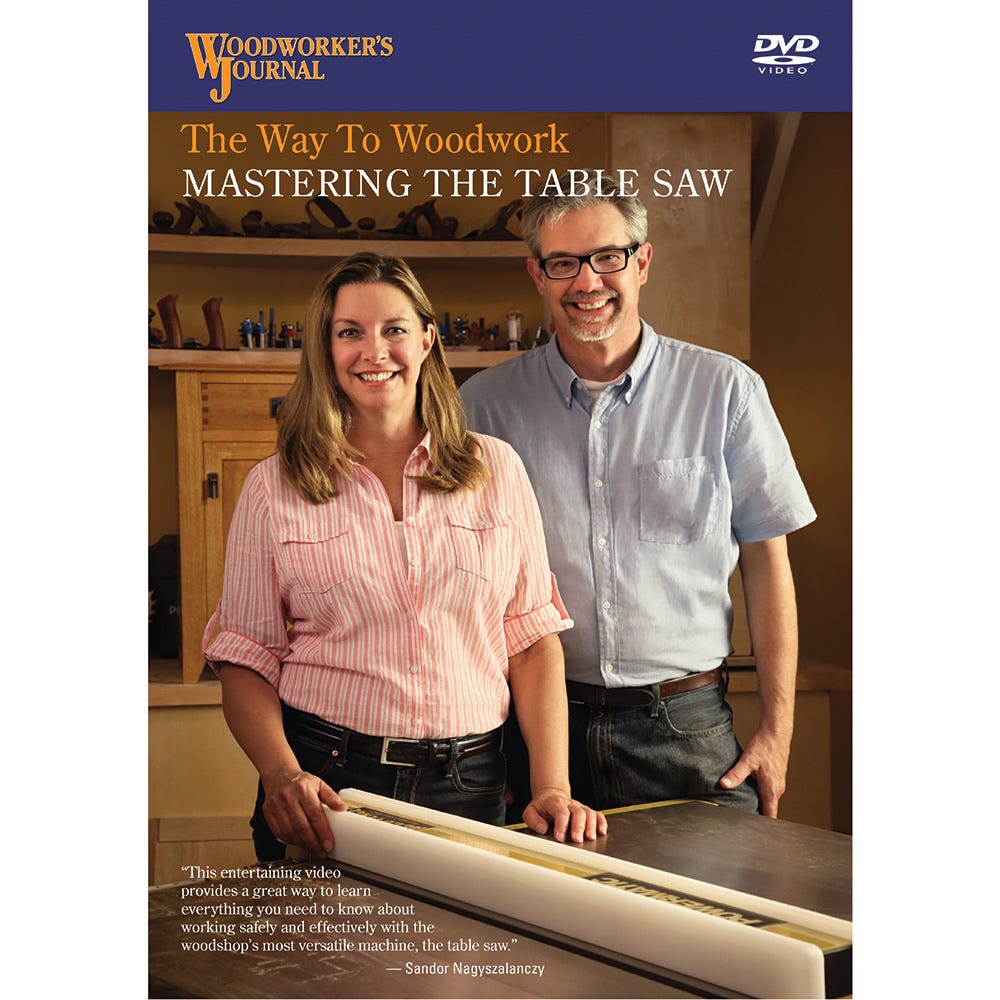
Keith Stephens wants you to stop over at Woodworkers Source. He’s got a hundred varieties of domestic and exotic woods for sale. If you don’t live close to his stores in Phoenix or Tucson, don’t worry — he has a third location that’s always close and convenient. You’ll find it all at www.woodworkerssource.com.
OK, back down to earth, where many woodworkers are still uneasy about the experience of buying online. Some want to touch or smell the wood or pick out “that one.” Or they’re concerned that they won’t be able to talk to anyone about their special project. But going to a “real” lumberyard can also mean having to wade through a great pile of rough lumber in some vast barn; depending on uncertain and limited local inventories; or having to drive hundreds of mile to a decent-sized store. Keith Stevens has changed all that.
“One of the main goals of our site,” Keith explained, “is to get a conversation going with the customer as fast as possible. Even though we have online ordering forms, our response to your order will be personal. We either phone or e-mail you to make sure that we understand what you want.”
The site is a treasure trove of information about each wood species, its characteristics, and best uses. It’s not meant as a substitute for real-life interaction, but as a tool to help customers narrow their choices and make their buying decisions with confidence.
“We offer an exceptional selection,” noted Keith. “There’s nobody in the United States who has the quality we have. Every shipment is wrapped in cardboard and shrink wrapped & most other mail-order suppliers don’t wrap their materials at all. There is no minimum and no maximum. If you want one board foot we will send it, or we’ll send you a truckload. And everything we ship is guaranteed. If a customer isn’t happy, we issue a UPS call tag to go pick it up and offer the customer credit or money back.”
It all started twenty-five years ago, and like a lot of woodworking businesses, the company grew out of a hobby. In Keith’s case, it also started as a quest. He’d just made a table for a breakfast nook in a new house & using construction lumber and the sum total of his tools: a radial arm saw and a quarter inch drill. It turned out pretty good, and he got it into his head that his next project would be in hardwood. But when he went down to his usual lumberyard, he found they didn’t have any. Same thing at the next place he visited. And when he finally got to a place where they actually had hardwood, their vast piles of lumber — all in random widths and lengths — really didn’t meet his needs either, and the company they really weren’t interested in working with hobbyists.
A former CPA with Arthur Andersen, and at that point, the owner of a chain of daycare centers around the Southwest, Keith knew how to recognize an opportunity. His next move was to get a franchise from a company based in Texas. The franchise system had big problems with delivery and quality, but it also had a standing list of eager customers.
“Despite my differences with the franchise setup, it was an easy entry into the hardwood lumber business,” Keith recalled. “And I decided to go out on my own in 1978 and opened my first store in Tucson.”
Business grew and, in 1984, Keith sold his daycare centers to Gerber (yes, the baby food company) and opened another location in Phoenix. When it came time to expand again in the late nineties, however, Keith took a hard look at the cost of opening a new store. The Internet was starting to boom, and he thought he’d go virtual!
After several re-designs and the addition of online ordering, the site is still a work in progress and only now beginning to pay its own way. Like any business, the key to Keith’s online success has been developing the customers’ trust, convincing them that he really has the product they need and that any problems will be taken care of.
Worldwide Contacts
One of the more fascinating aspects of Keith’s business is the sourcing of wood around the world. During his first trip to South America in 1986, he visited plantations and mills deep in the Bolivian forest and developed a life-long fascination with the region’s rich culture mix.
About the same time he came across the idea of certified woods, a voluntary program that encourages responsible timber use, particularly in the rain forests. He ended up becoming a bit of an expert on the subject and has been asked to speak on the topic at academic gatherings.
The contacts he’s made give his company unique access to the world’s timber. Today he still makes a couple of buying trips to South America each year, though now he also orders containers of exotics from Australia, New Zealand, and Fiji. Most of his African wood comes from a supplier in France, although he buys some African black wood from a fellow in Tanzania and imports some ebony directly from Madagascar.






